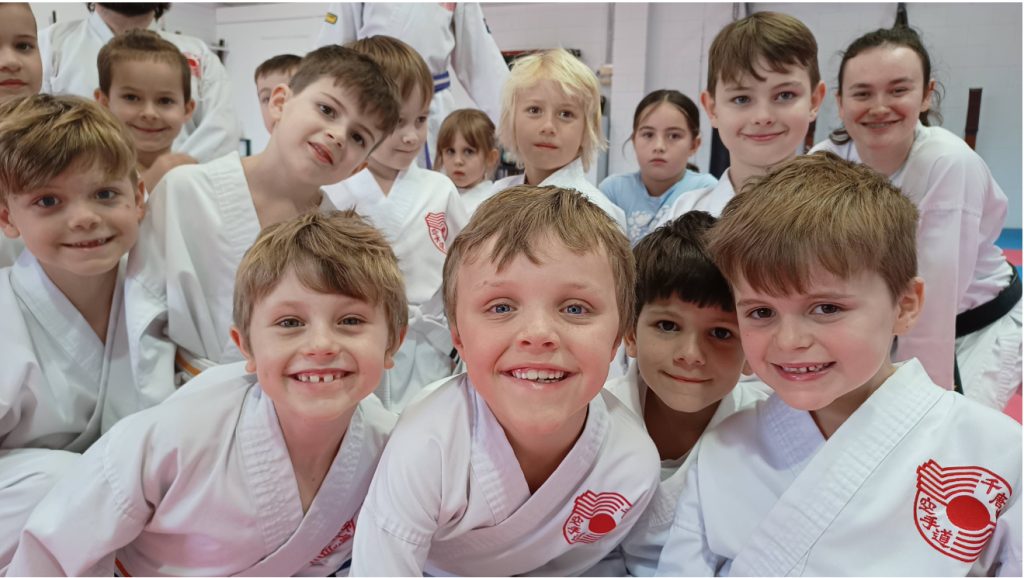At Karate4Life, we recognise that the most challenging battles often take place not on the dojo floor, but within the mind. Our practice, rooted in the traditional principles of Chito-Ryu, is built around a single premise: training the mind and body to move as one in a state of absolute presence.
A recent lesson with our younger students perfectly illustrated this core philosophy. We asked them to move past hesitation and distraction, achieving total mind-body alignment for “committed action.” The immediate result was palpable: a sense of internal power, discipline, and a visible confidence.
I. Spirit First: The Foundation of Mastery
The power of committed action is not a modern theory; it is the essence of classical martial arts philosophy. This is the internal power we aim to inspire and empower.
Master Gichin Funakoshi, the founder of Shotokan Karate, distilled this principle perfectly: “Spirit first, technique second”.
This maxim reminds us that proficiency in movement is secondary to the quality of one’s intention and attitude. If the mind is focused, the body naturally follows with clarity and force.
As martial artist Chuck Norris once observed, “Whatever luck I had, I made. I was never a natural athlete, but I paid my dues in sweat and concentration…” This highlights that dedication and intense mental focus—the true commitment to the action—are the keys to transforming potential into achievement. For our students, replacing “fidgeting” with presence is the first step toward genuine mastery.
II. The Scientific Link to Executive Function
This philosophical approach is powerfully supported by modern psychological science. The skill our students develop—the ability to choose a focused action and inhibit distraction—is known as executive function.
Research shows that structured, demanding activities like martial arts significantly enhance a child’s executive function—skills like planning, impulse control, and emotional regulation. These are the critical competencies that determine success far beyond the dojo, including in academics and complex social interactions.
When a student practices the discipline of mind-body alignment, they are developing a core competence that allows them to:
- Respond, not React: They cultivate emotional control and the ability to find “calmness under pressure” in challenging situations.
- Achieve Clarity: They hone focus and concentration, which directly impacts their ability to learn and retain information in the classroom.
- Build Self-Efficacy: Every act of committed action—of “just doing it”—is a successful mini-achievement that reinforces the belief in one’s ability to achieve long-term growth.
III. The Life-Long Marathon
Karate is truly a life-long marathon which can be won only through self-discipline, hard training, and your own creative efforts.
This enduring path is defined by self-awareness. As legendary grandmaster Jitsumi Gogen Yamaguchi said, “Understand that the essence of martial arts is not the art itself, but what’s hidden deep within yourself.”
The challenge of self-mastery never truly ends. Every movement, every lesson, and every challenge in the dojo provides a lever to understand yourself better. We encourage our students to carry the courage and integrity they cultivate in their training into their daily lives.
This continuous journey of refinement is why we say that progress is not just measured by belts or medals—it’s measured by who you become in the process.
For parents: If this sounds like the kind of discipline and life-growth that could benefit your child, we encourage you to check out your local karate school to find a path to self-mastery in your community.

